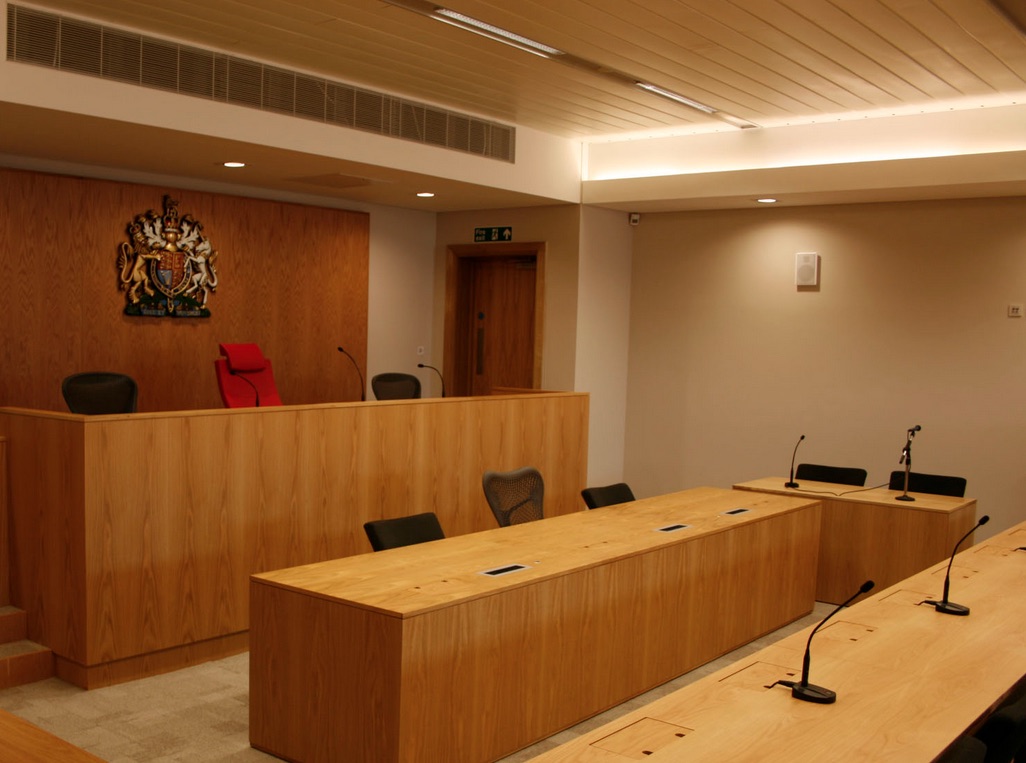Sir Brian Leveson, the former Queen’s Bench Division President, has cautioned that criminal courts face a systemic crisis of reduced resources, complex trials, and rising backlogs, which will require wholesale reform. He suggests that reforms posed by institutions like the Law Society calling for ‘a bit more money’ or extra sitting days, will be insufficient to resolve the issues.
Sir Leveson was commissioned by the Government last December to undertake an independent review of the criminal courts in response to increasing case backlogs and delays. At the outset of his review, the Crown Court backlog stood at 74,651 cases but has since risen to 78,329 as of July 2025.
He has expressed concern that current delays and inefficiencies in the criminal courts are eroding public confidence and warned that, without reform, ‘we would then fail in our duty to victims, witnesses and defendants and would diminish public confidence in the rule of law.’
Sir Leveson told the Justice Committee he hoped the Government would take on the ‘broad thrust’ of his reforms: to retain cases in magistrates’ courts, expand the judiciary, improve funding, and support young criminal lawyers, explaining these should not be treated as a ‘pick-and-mix’ set of options.
He criticised how the Magistrates often send cases to the Crown Court unnecessarily due to limited information and reliance on CPS and defence submissions. He has therefore called for Magistrates to be provided with fuller information and a more complete evidential basis for their decisions to help retain more ‘either-way cases’ in the Magistrates’ courts. He suggested this should be accompanied by the appointment of additional Deputy District Judges, provided they meet merit-based criteria, along with the recruitment of Magistrates from a broader cross-section of society to ensure the bench remains representative.
Sir Leveson also raised concerns over the declining popularity of criminal law, which has caused a shortage of experienced lawyers, as older solicitors retire, and younger lawyers move to better-paid areas like public inquiries and regulatory work. He attributed this to low remuneration and under‑funding, making the field less financially viable. Consequently, he proposes matched-fund pupillages as a reform, to encourage young lawyers’ pursuit in criminal law and to thereby strengthen the ability of the courts to prosecute and defend cases efficiently.
Sir Leveson told the Justice Select Committee he is eager to receive the Government’s response to the first part of his review, as this will shape how he approaches the second part, which is still in progress and focuses on the efficiency of the criminal courts.
When asked what was being done to address the crisis, Sarah Sackman (former HM Solicitor-General) told the Commons that the Government’s response to the Leveson review would be published ‘in due course.’






